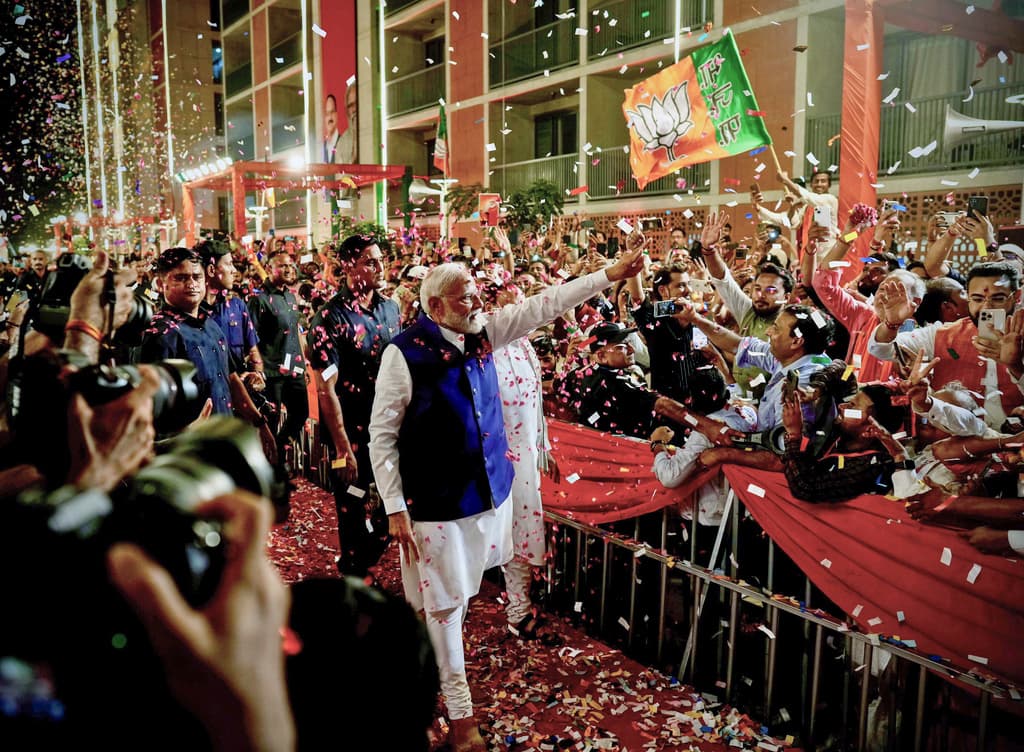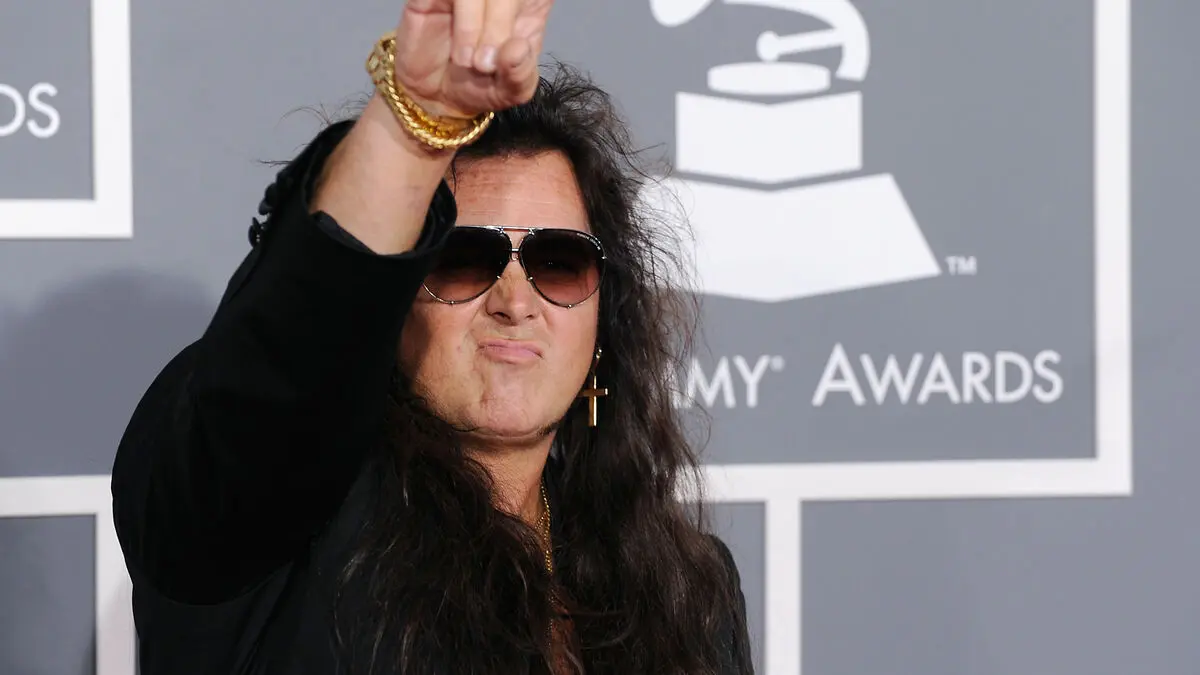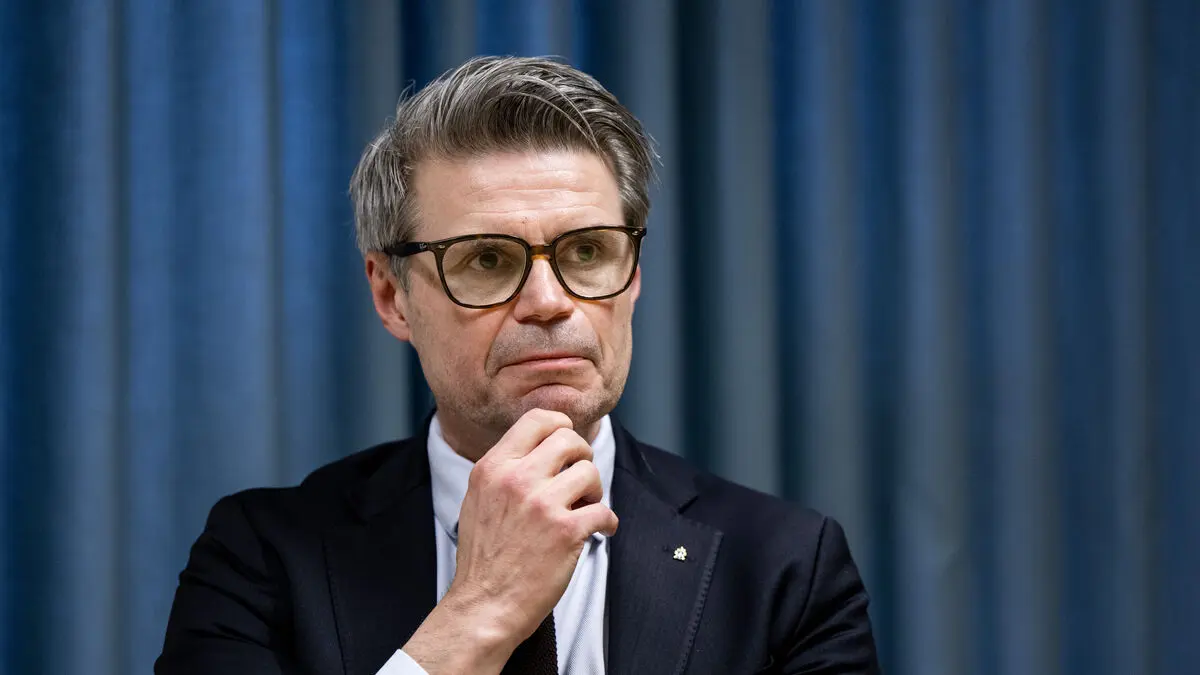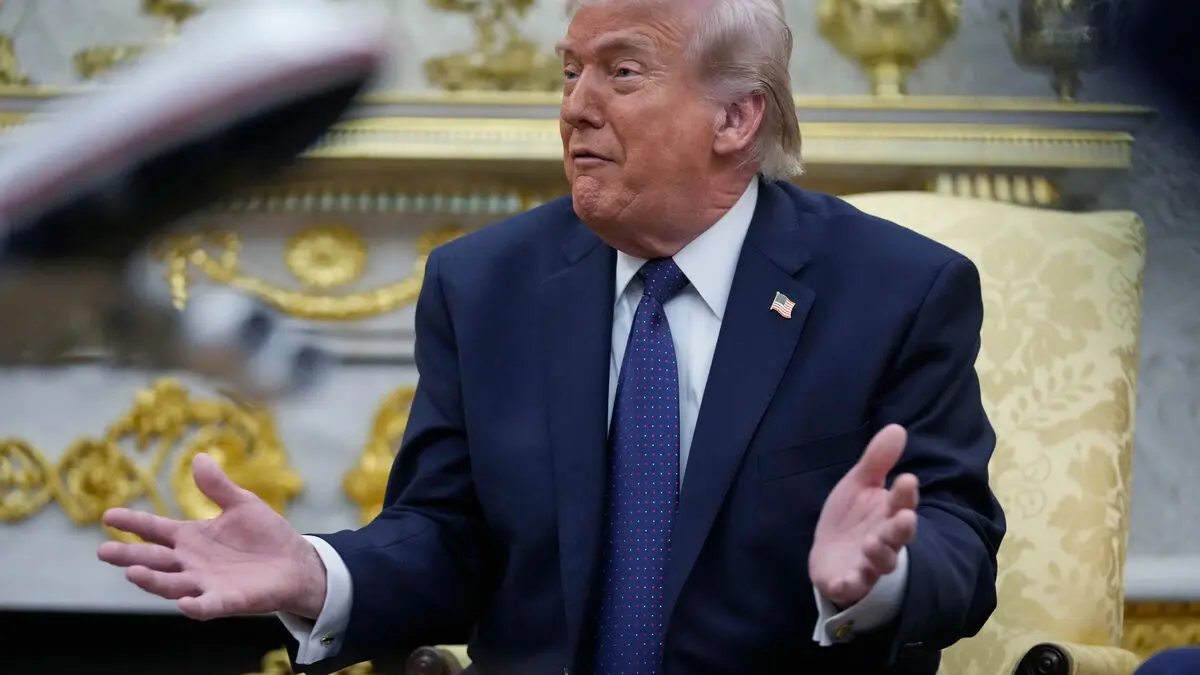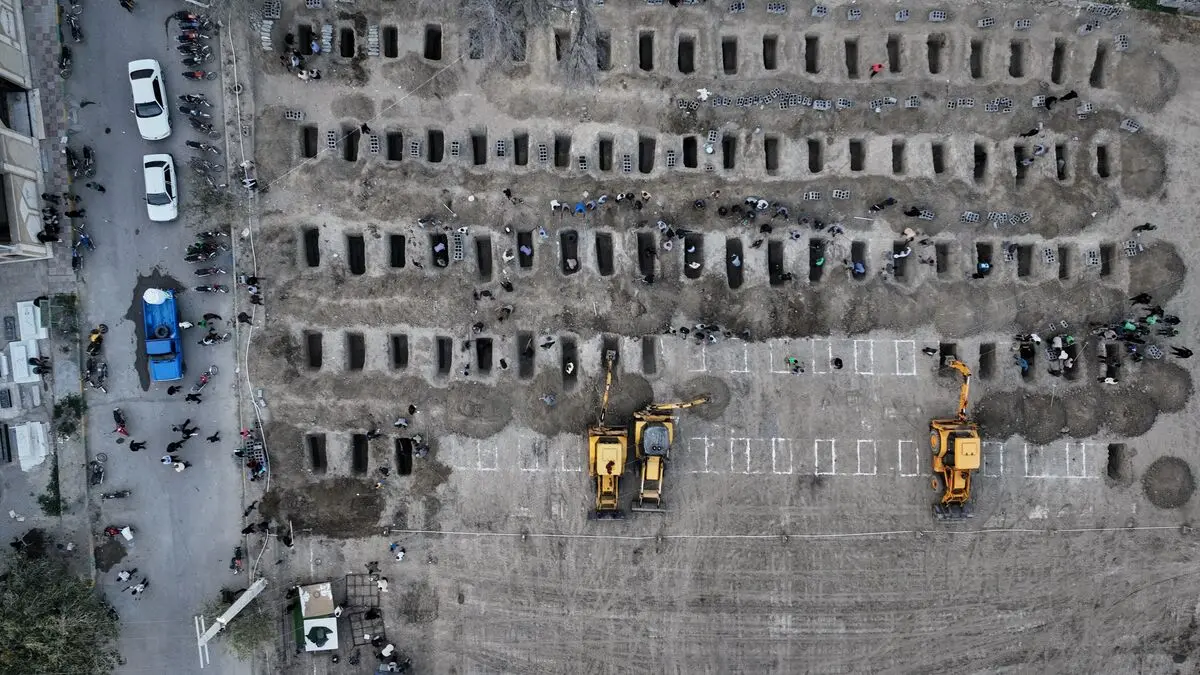After the giant election in India, it is clear that Prime Minister Narendra Modi will continue to lead the country for another five years. But despite India being dubbed the "world's largest democracy", there are question marks over how democratic the country is.
The problems facing Hindu nationalist Modi span several areas.
642 million Indians have had their fingers stained with ink over the past few weeks. It's a special ink that can take up to two weeks to wash off. And a receipt to prove they voted in the world's largest election.
The purple ink, painted in a small streak across the index finger, is an important part of the massive apparatus that was set in motion when the world's most populous country went to the polls. The ink has been used to prevent fraud during the six-week-long voting process.
In total, around 15 million election workers have worked on the election. Some of them have travelled by helicopter, others by camel, to reach all of the country's citizens, reports CNN.
"More ethnic state"
But despite the democratic ink stain and the massive democratic election apparatus, there are clear authoritarian tendencies in India. And they have increased under the Hindu nationalist Prime Minister Modi's time in power.
India has become a more ethnic state. Muslims have had their rights diminished, and there is no indication that this trend will be broken. Furthermore, freedom of speech is doing poorly, and press freedom has declined, says Sten Widmalm, India expert and professor of political science at Uppsala University.
Modi's party, the BJP, acts authoritatively towards political opponents, according to Sten Widmalm:
For several years, political leaders, trade union leaders, and civil society leaders have been arrested and imprisoned without a proper trial. It's such harsh authoritarian methods that are used to govern the country.
Opposition leader arrested
Arvind Kejriwal, one of Modi's main challengers in the election and leader of the opposition party Aam Aadmi, was arrested in March on corruption charges. The arrest sparked a strong reaction from the country's opposition.
A scared dictator wants to kill democracy, said Rahul Gandhi, one of India's political front figures and former leader of the Congress Party, about Modi, according to The Guardian.
The case of Arvind Kejriwal, who is also the regional government chief in Delhi, has become a symbol of Modi's anti-democratic tendencies for many.
Sten Widmalm believes that the next five years will continue in the same vein.
Mostly, many organisations in civil society have lost their freedoms and rights under Modi's time in power.
Climate and environmental problems
The BJP won the election, although the margin of victory was smaller than expected. Thus, Narendra Modi is now entering his third term as leader of 1.4 billion Indians.
Even though the BJP's position in parliament has weakened, it's important to remember that they received almost as large a share of the votes as in 2019, says Sten Widmalm.
It's not just critics' voices about how democracy is being dismantled that will be a headache for the long-time leader. India has been struggling with environmental and climate problems for many years.
I think one of the biggest challenges is the water shortage. It's a problem that is acute in some places, says Sten Widmalm.
They also have terrible environmental conditions in the big cities. People get sick from the air, which is largely due to local environmental destruction from domestic industry.
As a result of climate change, India has had periods of extreme heat in recent years. The heat has not only been unbearable but also deadly, with temperatures exceeding 45 degrees in Delhi during the election. The queues to the polling stations have been long in some places, and during the six-week-long voting process, at least 77 people have died from the heat, about 30 of them election workers.
"Make in India"
About a year ago, India took over the title of the world's most populous country from China. And earlier this year, the independent analysis firm Jefferies estimated that India will be the world's third-largest economy by 2027, surpassing both Japan and Germany.
At the same time, the country still has problems with unemployment. When Modi first took power in 2014, he promised to create 20 million jobs per year under the "Make in India" initiative – a promise that has not been fulfilled. And according to the think tank Centre for Monitoring Indian Economy (CMIE), India's unemployment rate rose from 7.4 per cent in March to 8.1 per cent in April.
Modi therefore has a lot to tackle over the next five years.
"Positive for democracy"
Despite the authoritarian tendencies and the purple ink stain soon being washed away, Sten Widmalm is cautiously optimistic about the democratic development in the world's most populous country.
Democracy is not dead in India, but this is what authoritarian states do today – they dismantle institutions. But it's good that they've held elections. It shows that there is a possibility for change and is positive for democracy.
Since the population has grown since the last election (2019), this year's election in India is the largest ever in human history.
The election apparatus is so massive that the voting in different parts of the giant country was spread out over more than six weeks, from April 19 to June 1.
The election concerns the lower house of India's parliament, the Lok Sabha, which has 543 members.
The term of office is five years. The last two elections were held in 2014 and 2019. Both times, Narendra Modi and his BJP won, leading the NDA alliance.
The main competitor for power has been an alliance abbreviated as India (Indian National Developmental Inclusive Alliance), led by the Congress Party, which previously ruled the country for several decades.
Born in 1950 in Gujarat. Sold tea as a young man together with his father.
Became engaged at the age of 18 to 17-year-old Jashodaben. But only a month later, he left his wife and hometown. Instead, Narendra Modi travelled to various ashrams, secluded places for Hindus, and joined Hindu nationalist organisations.
Has never formed a family, and only acknowledged his marriage when legally forced to do so in the 2010s. But the fact that Modi has no children is highlighted by his supporters as a kind of guarantee – that Modi's rule will not, like the famous Gandhi dynasty, become a nepotistic dynasty.
Was chief minister of the state of Gujarat from 2001 to 2014. Has been accused of ordering the police to be passive during a massacre of around 1,000 Muslims in 2002. But was ultimately acquitted by the Supreme Court.
Prime Minister since May 2014.
Source: Indian media

